Nature reports
Page 4 of 68 - 675 Results
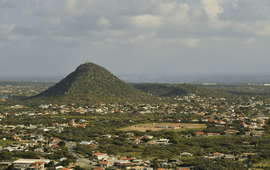
A team of experts from CARMABI Foundation and Wageningen University have recently finalized the landscape ecological vegetation map of Aruba. Aiming to enhance conservation efforts, this research offers a detailed look at how..
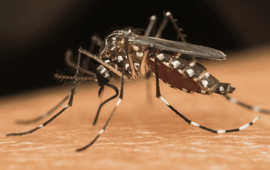
Scientists from Naturalis Biodiversity Center, Leiden University, Dutch National Institute of Health, Netherlands Food and Consumer Product Safety Authority have completed an exciting study on Bonaire, to explore where different..
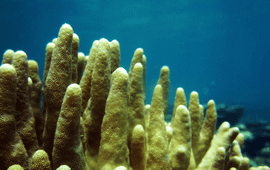
A recent study explored the dispersal patterns of certain coral species found around Curaçao. These corals are critical to the Caribbean reef ecosystem. Knowing how they disperse helps to predict their ability to recover from..
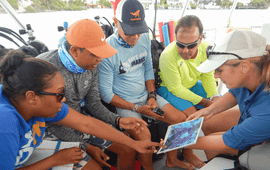
MPAConnect and the Atlantic and Gulf Rapid Reef Assessment presented their latest efforts on capacity building for coral restoration during the Reef Restoration Workshop hosted on Bonaire in June. The goal of their project is to..
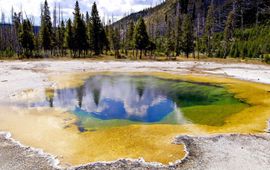
The United Nations' sustainable development goals can be achieved by relying extensively on the use of microorganisms such as bacteria, fungi and viruses. This was written by an international group of scientists, including Jef..
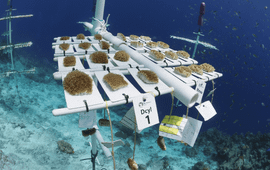
Aruba, Bonaire, Curaçao, Saba, St. Eustatius, and St. Maarten have each taken unique and proactive measures to address the challenges facing their reefs. The restoration efforts by local nature conservation organizations were..

Animals lose dander, mucus and hair that end up in the air. Would it be possible to collect and analyse those traces to map local biodiversity? This was the main question of a Danish research team. The team placed an air sampler..
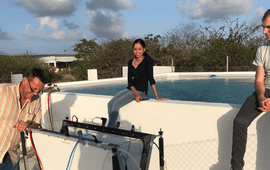
Microalgae have recently emerged as a promising renewable resource due to their versatility and environmental benefits. Research from the island of Bonaire has shown that microalgae, specifically the green alga Picochlorum sp.,..
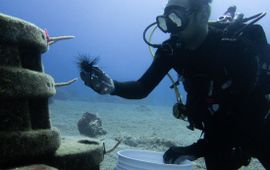
The Dutch Caribbean is making significant strides in coral reef restoration through innovative approaches to restoring invertebrate herbivores. This is presented by Alwin Hylkema of Van Hall Larenstein University of Applied..
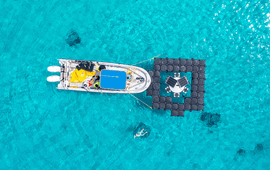
The RoffaReefs programme of the Rotterdam Zoo, founded by Sander van Lopik, presented its groundbreaking work in reef restoration during the DCNA Reef Restoration Workshop. RoffaReefs has been developing a sustainable breeding..
